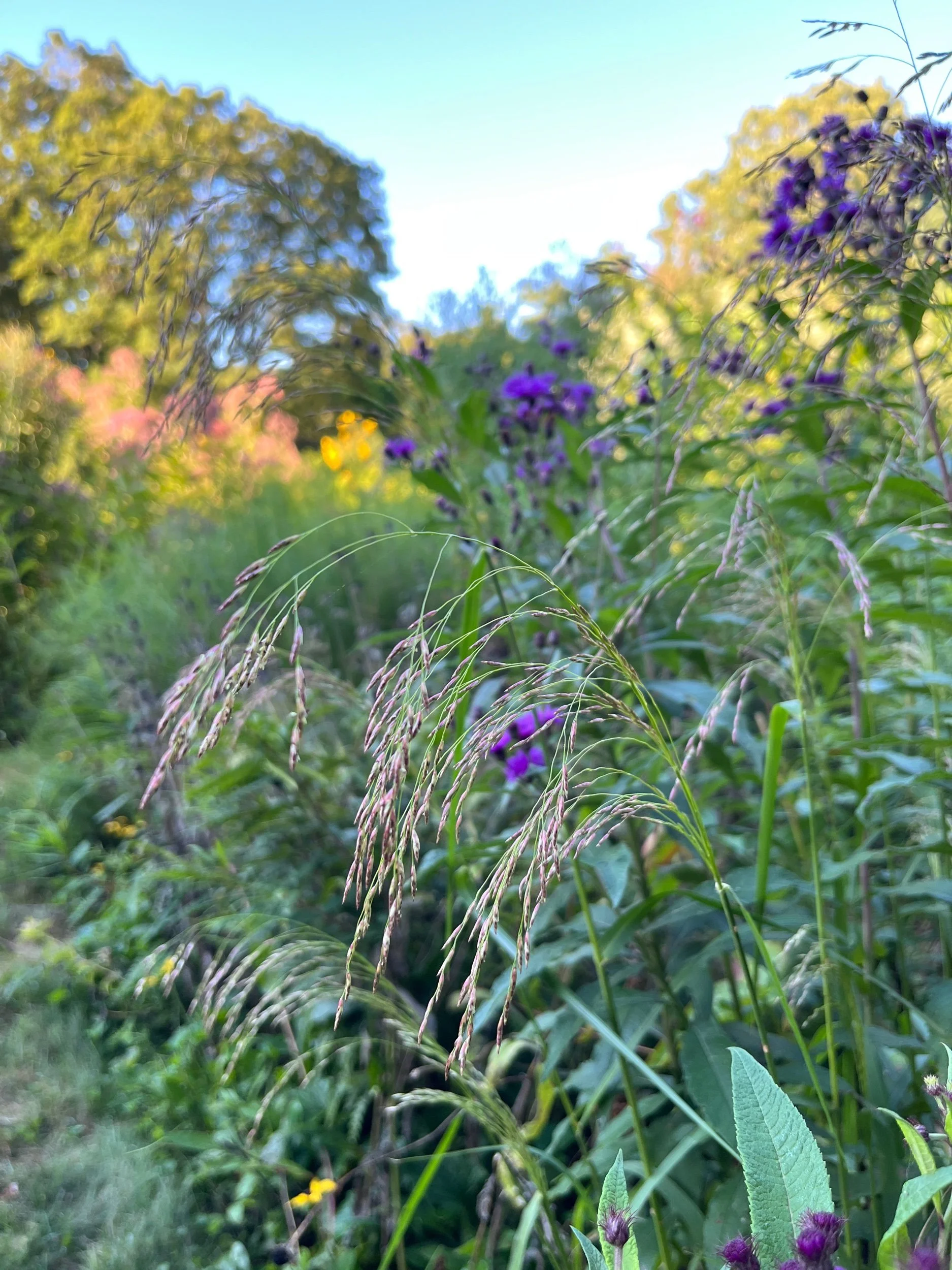HABIT
Height: 3-4’
Bloom Time: early- to mid-summer
SITE CONDITIONS
Light: full sun, part shade
Soil: medium-wet, average, medium-dry
CULTIVATION TIPS
Establishment: easy, no special requirements
Deer Resistance: high
INTERACTIONS
Other: host plant for broad-wing skipper, seeds are an important food source for birds
CONSERVATION
Native Range: northeast
Seed Propagated: yes


